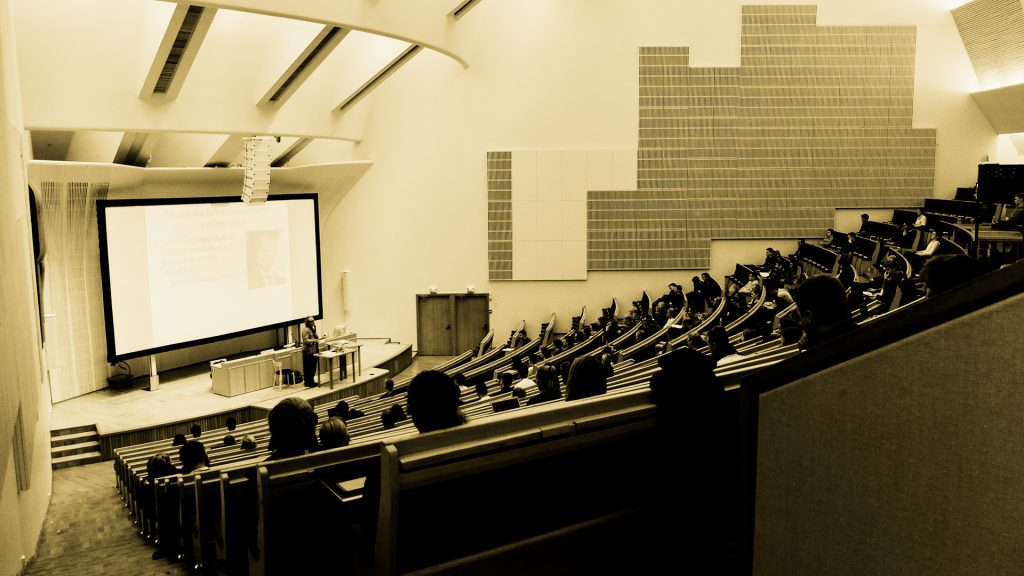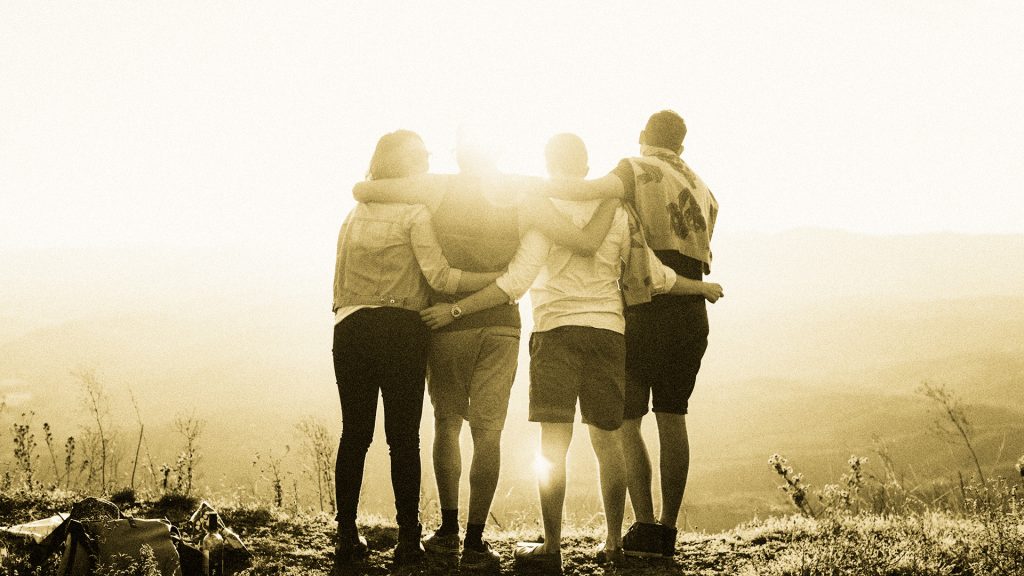On Episode 29 of the Executives Unpacked podcast we had the pleasure of sitting down with Dr. Valerie Lyons, the COO at BH Consulting. Valerie is an accomplished and driven Cyber Security and privacy expert who was included in the top 100 Women in Cyber Security within Europe list. She has led an impressive career that spans over 30 years, including stints at global organisations such as IBM, KPMG, and ABB. Valerie was also awarded a PhD in information privacy for her research into privacy as a CSR. With such an impressive professional history, we were excited to unpack Valerie’s advice and insights.
What would you say is the biggest lesson you’ve learned during your career?
The key lesson for me would be that it’s not always what you think it is. In other words, maybe you didn’t get a promotion or particular achievement that you wanted, but it’s often not for the reason you imagine, it’s often because of something else that you’re not aware of.
Another big lesson I’ve learned is that when you’re on a leadership journey, you should focus on developing yourself. I can achieve everything I want just by developing myself as opposed to looking around and saying ‘what’s wrong with the outside world?’.
What do you wish you had been told earlier in your career?
I was told early on that the most important thing is education, but I think experience is equally as important. My father had an incredible love for education and he imparted that to us. He felt that education was the solution to all problems because it would open doors. I followed that philosophy throughout my life because I believed in constant development and education. Since then I’ve learned that you actually need experience, because education doesn’t tell you what to do in a crisis like a data breach. How to stay calm is not in the books, you only learn that through personal experience. You only learn through the bad stuff.
We have this debate going on in our industry about what’s more important, education or experience? It’s actually a combination of both. Education provides a prospective employer a quick and easy way to evaluate applicants, whereas experience tells candidates whether or not they can do the job. With my PhD, I didn’t do it to progress my career or to open doors like I did with my Masters, I decided to do the PhD because I was passionate about the subject. It was fulfilling for me and I enjoyed the experience. There are a variety of benefits to both education and experience.
What is the best piece of career advice that you’ve been given?
I was once told that you should never miss an opportunity to shut off. That was a great piece of advice. Another piece of advice I was given many years ago was to never miss an opportunity when it shows up. Another one was bullet points. It takes me a long time to finish a sentence (which comes from my extraversion), but I worked for a man who used to say “Bullet points, Valerie”, and that reminder helps me distil things into an elevator pitch. That’s great when I’m talking to a board, because that’s a skill. When I started out I rarely got an opportunity to talk to the board. It was only when I became the Head of Information Risk at KPC that I got that opportunity, but I hadn’t learned the skill yet. I have to make an extra effort to go to bullet points, whereas I know others who have a natural brevity. That was a big lesson for me.

What types of things keep you awake at night?
Finding people keeps me awake at night, because I’m responsible for that. It’s not just finding people, it’s keeping them too, because when you’re in a really buoyant market protection is 120%. Employment in cybersecurity is not far off that. A lot of employers offer incredible opportunities and remuneration packages which I’m trying to compete with. We try to compete with them on a cultural level. Our culture is very family first, it’s very much based on the CEO’s own perspectives. We just won the Best Places to Work Award, which was great for us. It does keep me awake though, because my biggest challenge is trying to maintain that culture. I don’t want attrition. I’d rather not recruit. So figuring out how to keep our people is what keeps me up at night.
Is there a single thread that’s run through your career that’s led to your success?
I think there probably is, and it starts with my parents. Take a look at his background and the Ireland he grew up in. My mother was the assistant to the Irish Ambassador in Spain, that’s where they met. When she got married to him, she was given her P45 because there was a law in Ireland that said, if you were working for the public sector and you got married, you had to give up your job. That was the end of it. My mother was a very intelligent woman, she was fully educated, fluent in Spanish and was living abroad. They were all incredible things to do back then, but then she went on to bring up three kids, and it did not do her mental health any good at all. My father saw that and always told us to be able to stand on our own two feet – don’t depend on a man. He wasn’t anti-men, he just believed that you are responsible for getting out there and making your own money and believing that you are equal to any man.
At 16 he wouldn’t let me learn how to type. All the girls in my school were learning how to use a typewriter and I wasn’t allowed because he said that where he worked at Bolton’s there was a thing called a typing pool, which would be 20 women typing up what the men had instructed. He said that most of the women in that typing pool were far too intelligent to just be reading instructions. He said, ‘I don’t want you in a typing pool. When somebody asks you how to type I want you to be able to say, “I don’t know how”, but I want you to be educated.’
I didn’t understand why it was important until I was 22. I was working in a company and I was computerising their order system. I had a degree from Trinity College, so I was qualified, and this guy came up and asked me to type up a report. I said, ‘No, I don’t know how to type. I do know how to convert an order entry system’. I was empowered to tell somebody about my skills and refuse to spend my time just typing things up. I know very well that I’m as good as anybody else. I can achieve like anybody else. It’s never been about wanting to be in a man’s world or anything like that. I want to be independent. I want to be able to make my way in this world with my own career.
What would be the one piece of advice that you’d give to others in your industry?
Learn project management. If you want to commit to privacy, you’re always going to be project managing, and so do PMP and be able to do your job properly. Be the best. Project management is one of the key skills that I’m looking for. You’re going to be working for a number of different clients, and you will need to manage projects for several different clients at once, so being good at that will be invaluable.
To learn more about Valerie’s exceptional experiences, listen to Episode 29 of Executives Unpacked here.



